.jpg)

Occasions like Earth Overshoot Day are crucial reminders of the need to improve how we use our resources. We must keep more materials in the loop, making sure we do not waste what we produce. Metal is a great example of a material that can be recycled forever, without losing any of the qualities that make it so valuable in packaging like Trivium’s. In fact, recycling metal into new products uses just 5% of the energy it takes to produce the metal originally – so, the more we recycle it, the better its lifetime environmental impact. But how can metal packaging directly support our efforts to #MoveTheDate of Earth Overshoot Day?
First, as a powerful barrier against air and light, metal can keep food products safe for longer, giving a shelf life of up to five years; this makes it an ideal material for preserving Earth’s precious biological resources. Better still, tomatoes canned this year do not need to be grown next year!
Second, we can reduce our reliance on paper from forests by switching liquid packaging from carton to metal. Brands often think of carton as eco-friendly, recyclable packaging. In fact, not only do you need to cut down trees and use plenty of water to create it, it is also very hard to recycle, thanks to the different layers needed to protect the contents. Even then, the resulting material is of lower quality than the original – another reason why metal has the edge.
It starts with us – and accelerates with others
Of course, we at Trivium’s sites and offices keep a close eye on our own consumption of resources like water and paper. Simple ideas – like only having one printer per floor to make people think twice about printing documents – add up over time. And we also try to think carefully about how we pack our final products, recycling used packing materials where possible.
Nevertheless, we need to focus on the bigger picture. And that means collaboration. We are particularly proud of our work with the World Business Council for Sustainable Development on SPHERE: the packaging sustainability framework, which establishes common ground for companies looking to work together on more sustainable packaging design.
The framework takes into account six principles, including biodiversity and recyclability. It helps different packaging designers weigh up sustainable packaging metrics and make good decisions that will, among other things, support resource consumption within planetary boundaries.
Realistically, Earth Overshoot Day will not fall in December any time soon, but with initiatives and partnerships like this, we can transform consumer goods packaging for the better. Maybe next year, we will be able to enjoy a few more days of summer before that unwanted milestone arrives…


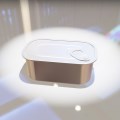
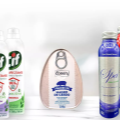

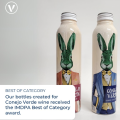
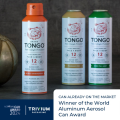





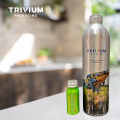

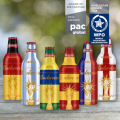

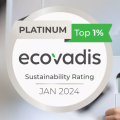
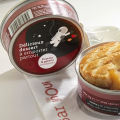
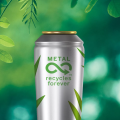
.png)

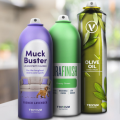
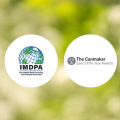
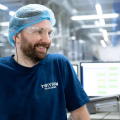
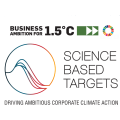
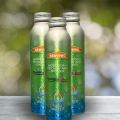
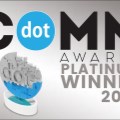
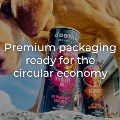
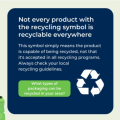
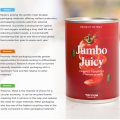
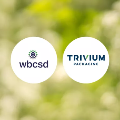
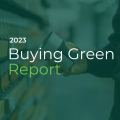
.png)
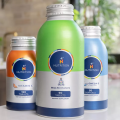




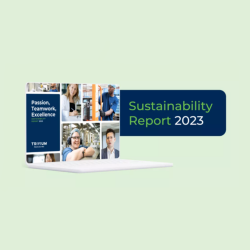
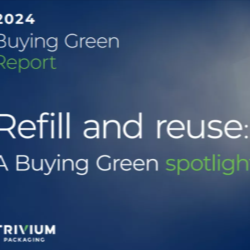




.png)
